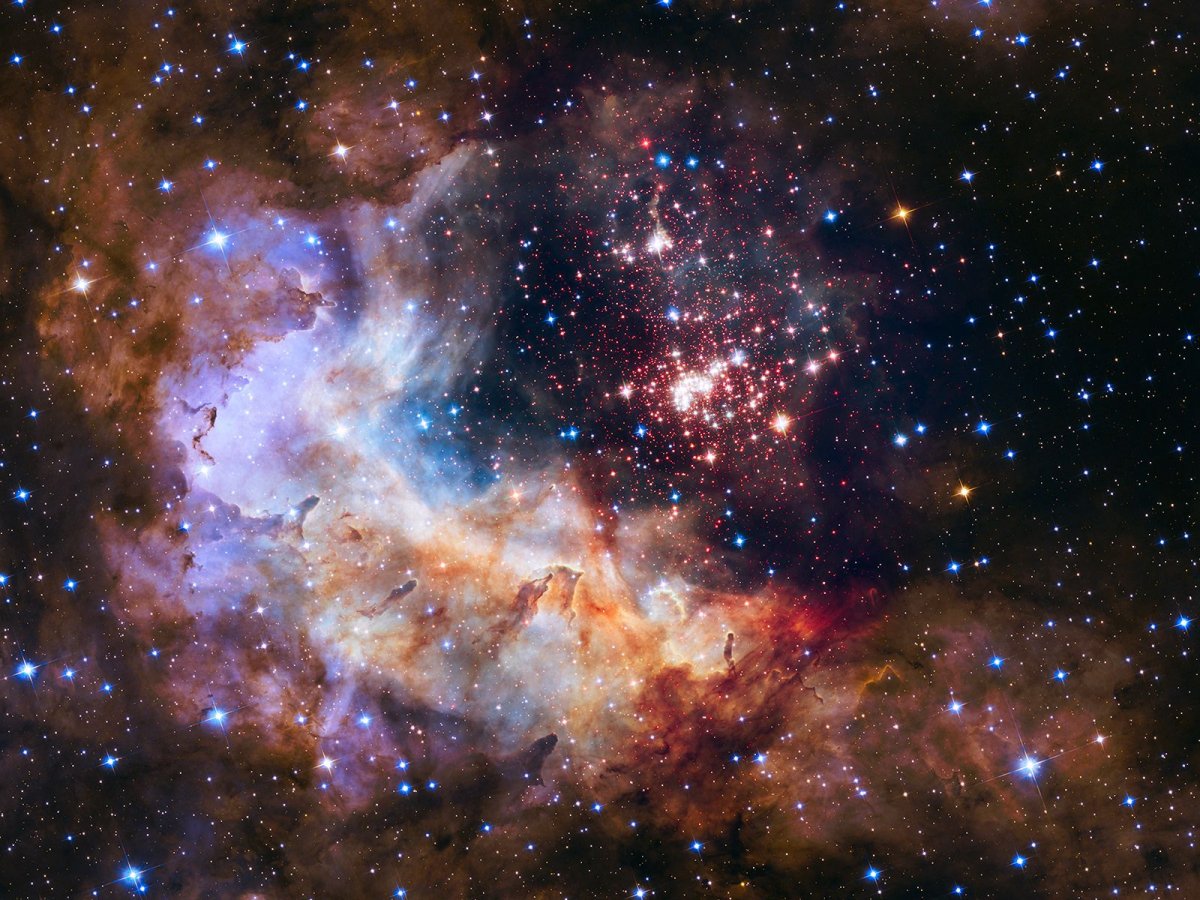The end of the universe could, theoretically, have already begun.
The Higgs Boson is a subatomic particle that is crucial for a stable universe. If it became destabilized, it could create chaos in the universe, possibly swallowing up everything in its path, leaving nothing but a cold, dark void, New Scientist reports.
If the Higgs Boson lost stability, it would severely disrupt physics, chemistry, and life. However, the universe is big enough that the disruption might not destroy Earth for a long time.

Physicists at Harvard published a study in the journal Physical Review D about the chance that the particle would destabilize and how long our universe has to live, based on the speed of destruction and the size of the universe.
Mark your calendars: They estimate the universe will survive, at least another 1058 years. Roughly. In case you were wondering. that's 10,000,000,000,000,000,000,000,000,000,000,000,000,000,000,000,000,000,000,000 years. On the far end, they believe the universe could last as long as 10139 years before the insatiable chaos of a destabilized Higgs Boson consumes everything.
That means that if the Higgs Boson collapses—or even if it already has collapsed — humanity would never know. If the universe is infinitely large, the particle could be near-infinitely far away. Humans would be long extinct before we could ever knew it had happened.
Ruth Gregory, a physicist at Durham University, says the finding is impressive, but flawed. "What they have not done at all is considered gravity," she told New Scientist. Gregory believes that the apocalypse could come even sooner, considering how the curvature of space-time could destabilize the Higgs Boson.
But since this hasn't happened yet, stabilizing particles could be propping up the Higgs Boson, preventing Armageddon for even longer.
So, the end is not all that nigh.
Uncommon Knowledge
Newsweek is committed to challenging conventional wisdom and finding connections in the search for common ground.
Newsweek is committed to challenging conventional wisdom and finding connections in the search for common ground.
About the writer
Kristin is a science journalist in New York who has lived in DC, Boston, LA, and the SF Bay Area. ... Read more
To read how Newsweek uses AI as a newsroom tool, Click here.








